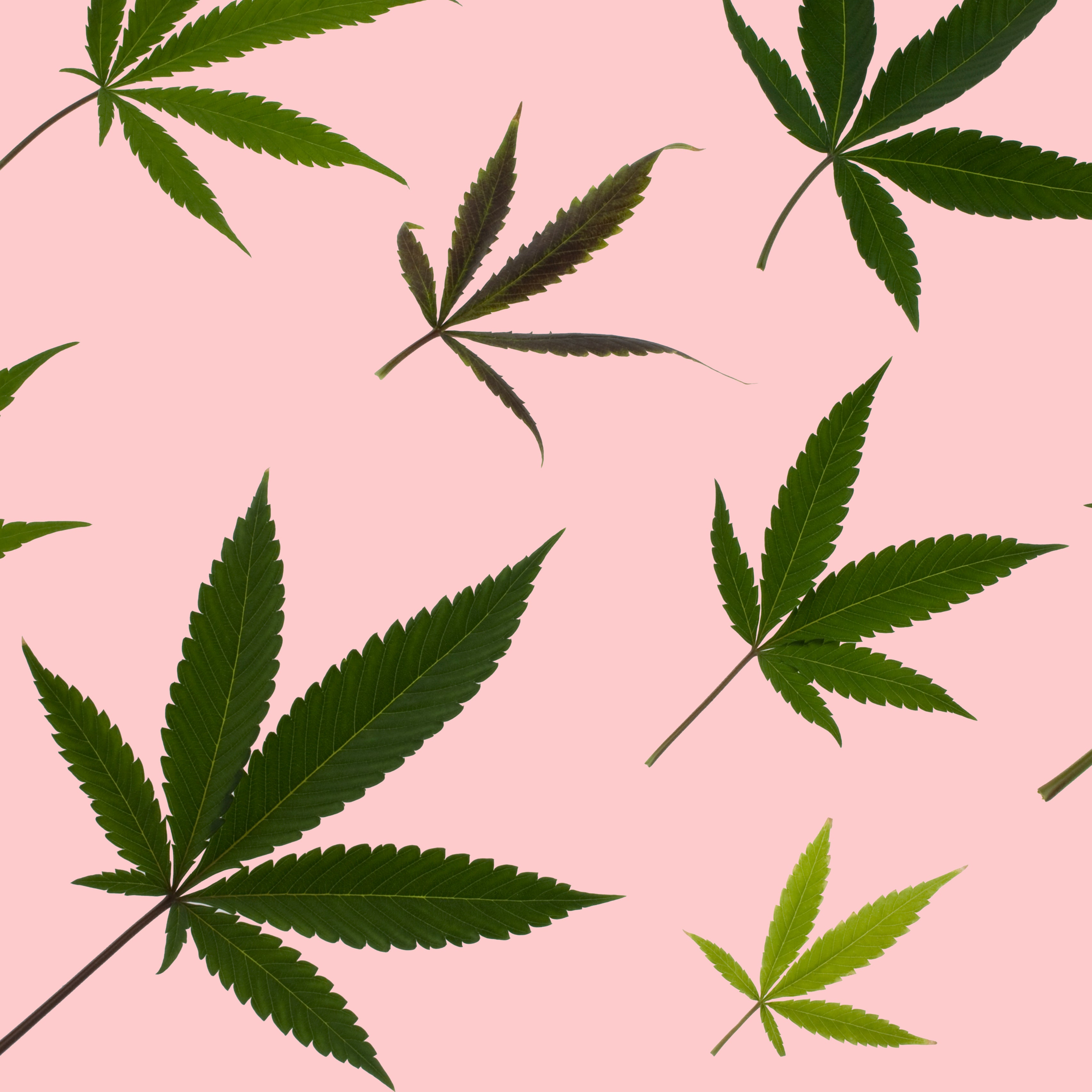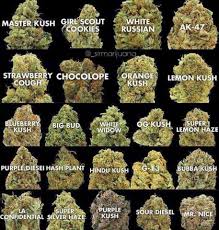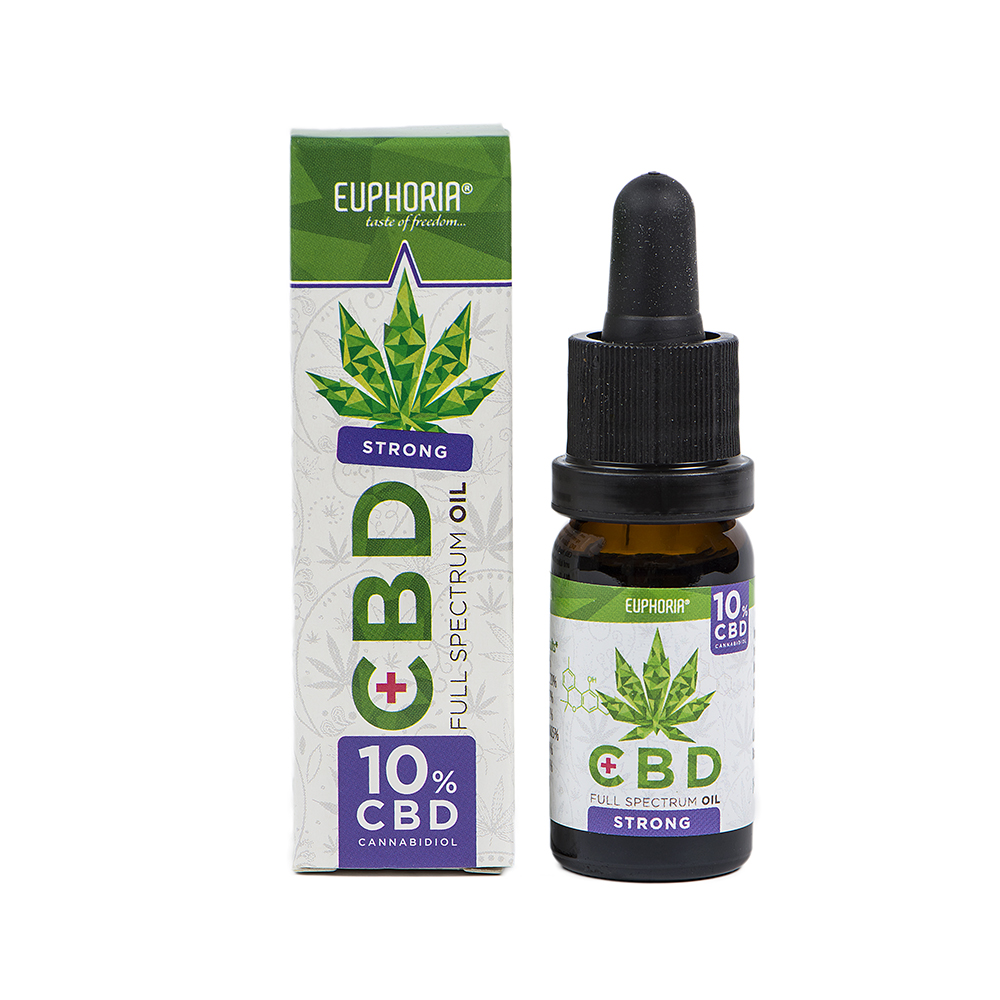
THCA, which is an analogue for THC, can be used as an anti-inflammatory drug. It offers similar benefits to THC. It is non-intoxicating and can pass drug tests, but it can also have some negative effects. This article will explore THCA’s cons and pros. If you're thinking about trying it, be sure to know the facts before you get started.
THCA is an analog of THC.
THCA, a chemical compound found within the cannabis plant and a natural analog of THC, is a chemical compound. This substance has antiinflammatory, antitumor, as well as anti-microbial properties. It is also promising as a treatment of Irritable Bowel syndrome (IBS). THCA also exhibits neuroprotective properties.
THC and its analogs have a similar chemical structure, but they operate in slightly different ways. Both are classified as Schedule I substances in the United States, and they have similar effects on the central nervous system. The most common THC analogue is delta-9 THC, which is responsible for the intoxicating effect of marijuana.

It has non-intoxicating effects
THCA is a chemical compound from the cannabis plant that has several medicinal applications. THCA can relieve nausea and inflammation and is non-intoxicating. Although it is not recommended for treating seizures, THCA could have a therapeutic advantage.
THCA does have non-intoxicating effects but it is still important that you understand the difference between THC or THCA. You can also take a drug test that looks for THCA because it is a target analyte.
It could cause you to fail drug tests
THCA (THelin-coated fatty acid) is a byproduct of the metabolization and metabolism of THC, which is marijuana's active component. If THCA is found in your urine, it can lead to you failing a drug test. This acid can be found in raw cannabis or in tincture. It can convert to THC when heated to around 220° Fahrenheit.
It can cause side effects.
THCA may cause side effects. THC is not clinically proven to reduce pain. It does possess anti-inflammatory, neuroprotective and anti-emetic qualities. It may also slow down neurodegenerative diseases' progression. It has been used for the treatment of Irritable Bliss Syndrome (IBS), colitis, some preliminary studies on seizures, and other conditions.

THCA is not addictive and is not considered psychoactive. Some people have reported nausea however. It is a natural chemical found in marijuana. If heated, it will turn to THC. It can also degrade to the semi-intoxicating substance CBN. Some companies are now selling THCA products over-the-counter in the United States, but it is subject to local laws.
It is not considered a Scheduled Substance
It is important to understand what a Scheduled Substance is and what a Controlled Substance is. A Scheduled Substance means a drug with high abuse potential. If the drug has no medical use in America and is highly likely to be abused, it's a Scheduled Substance. This includes certain narcotics, and stimulants. These drugs are addictive and can cause dependence on the body and mind.
There are two types, Schedule I and Schedule II–V, of controlled substances. Schedule I substances are restricted because they are susceptible to abuse and are not widely accessible or accepted for clinical practice. These substances are also illegal and not allowed for prescription in the U.S.
FAQ
What are the prospects for the CBD industry in the future?
The future of the CBD industry is bright. It is easy to see why this sector is so popular. With CBD products accounting for over $1Billion in global consumer spending, it is easy to see how the market is growing exponentially.
In fact, according to Statista, global sales for cannabidiol (CBD) were expected to reach $22.4 billion in 2019. That's almost 200% more than in 2018!
The CBD market is also forecast to grow at 22.5% compound annual growth rate, which would result in nearly $6.8B in revenue by 2022.
This is great news both for those looking to enter the market as well as existing companies. However, we must be aware that the CBD market is still very much in its infancy and will face some challenges along the way.
What CBD products sell the most?
CBD products are popping up everywhere. CBD products are popular for their ability to relieve pain and anxiety. The market is vast and growing rapidly.
But for what purpose do people buy CBD? What does this mean for brand owners?
Well, according to Statista, CBD products are being bought for their relaxing effects. They can also be used to treat inflammation.
This means that if your product has both CBD and THC, then it can be sold for both recreational and medicinal purposes.
But what about brands that only focus on one specific purpose? For example, if a company sells CBD for stress relief, then it won't have much competition.
Also, if a brand is focused on CBD for medical reasons, it will have large customers.
However, a brand that wants to target recreational customers must develop a unique selling message (USP). A USP is basically a feature or benefit that sets a brand apart from competitors.
For instance, some brands offer free shipping and others offer discounts on bulk orders.
Which states consume the most CBD?
California, Colorado, Oregon are the three most populous states. These states have large populations, high incomes, and low unemployment rates. These states also have higher hemp farms than the rest.
California leads the way because its economy is heavily based on agriculture. It produces most of the nation's vegetables and fruits. This makes sense since cannabis is derived from the same plant as hemp.
Oregon and Colorado are close behind, as they both grow marijuana for medical purposes. These two states, however, do not permit the recreational use of marijuana, as California does.
Other states that are highly ranked include Washington, New York. Florida. Illinois. Pennsylvania. Mississippi.
Statistics
- The use of these products is likely to become even more widespread if the World Health Organization's recommendation that CBD no longer is scheduled in the international drug control conventions is adopted by the United Nations member states [201]. (ncbi.nlm.nih.gov)
- however, one study also found that these effects were virtually abolished when the original media (a nutrient broth agar) was replaced with one containing 5% blood (increasing the minimum concentration to ~160 μM CBD) [179]. (ncbi.nlm.nih.gov)
- A recent systematic review of human trials also reported that individuals with epilepsy receiving CBD (5–20 mg·kg−1·day−1) were more likely to experience decreased appetite than those receiving placebo (i.e., ~20 vs. 5% of patients) (ncbi.nlm.nih.gov)
- CBD seems unlikely to directly influence sleep in healthy humans [115] (and maybe “sleep-promoting” in those with certain comorbid conditions) (ncbi.nlm.nih.gov)
- HR −16 mmHg; 95% CI −26, −6; I2 = 92%) (ncbi.nlm.nih.gov)
External Links
How To
How to Get Certified for Selling CBD Products
CBD (cannabidiol), a cannabinoid found in cannabis plants, is just one of the many. It has been used medicinally in many countries throughout history, including traditional Chinese medicine and India. In recent years, however, its popularity has skyrocketed due to its ability to treat conditions like anxiety, pain, epilepsy, and inflammation. However, CBD products cannot be sold by anyone unless they are certified by the U.S. This means that any person who wants to sell CBD products must use the "unofficial" process called self-certification.
You have two options. First, join a local canna-business owner association. By joining a local association of canna-business owners, you will be able to learn from others and receive support and advice. There are currently dozens of associations around the country. Another option is to go online. Canna-businesses can now operate online in many states. If so, then you can set up your own website and begin taking orders right away. However, you must still register with your state's Department of Public Health. Once you have registered, it will be possible to apply for your license through the state's department public health. After receiving your license, you are legally allowed to open a store and start accepting orders.